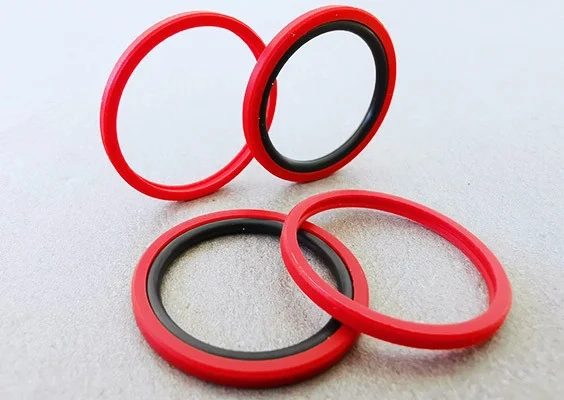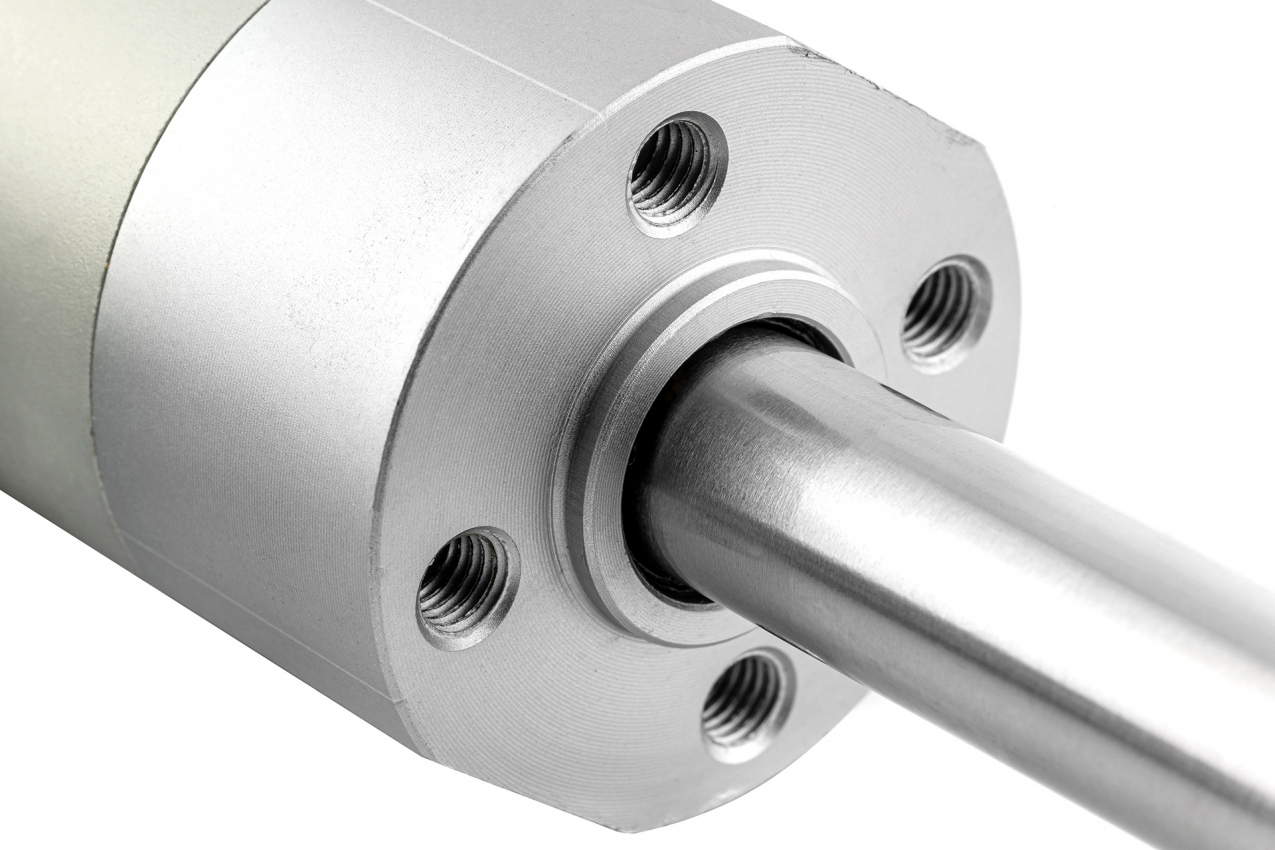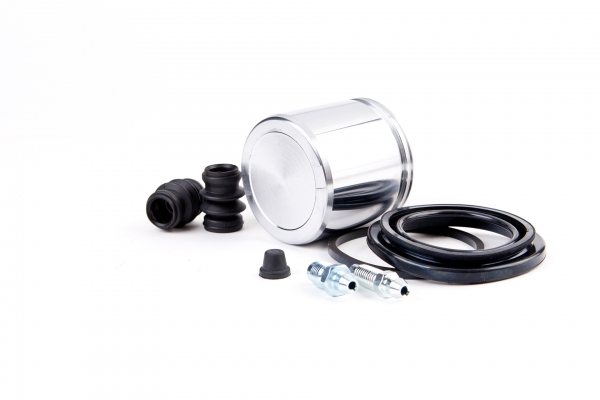-
Homepage
-
Seals and Gaskets
-
Standard Profiles
-
Piston Seal
- Piston Seals for Pneumatics
A piston seal for pneumatic systems consists of an elastic sealing ring that is fitted on the piston. This sealing ring is strategically designed to create a tight barrier that prevents the escape of compressed air as the piston moves within the cylinder. Piston seals are available in a variety of materials, including NBR, FKM, PU, and PTFE, chosen based on the specific requirements of the application. A fully functional piston seal is crucial for the efficiency and performance of pneumatic systems. A faulty seal can lead to diminished performance and potentially cause damage to the pneumatic cylinder or result in the malfunction and efficiency loss of the entire system
Areas of application for pneumatic piston seals
Pneumatic piston seals are utilized in a multitude of applications, primarily for sealing compressed air. The following are some application examples:
- Pneumatic systems: Pneumatic piston seals are frequently employed in pneumatic installations to ensure a sealed separation between compressed air and the surrounding environment.
- Mechanical engineering: Pneumatic piston seals are deployed in various types of machinery, including manufacturing and packaging machines.
- Automotive industry: Pneumatic piston seals are used within brake and clutch systems in the automotive sector.
- Aerospace: In aerospace, pneumatic piston seals are found in applications such as engine controls and cabin seals.
- Mechatronic applications: Pneumatic systems commonly find applications in mechatronics, including mechatronic manufacturing facilities and production lines.
It is crucial to select the appropriate pneumatic piston seals (pneumatic seal) to ensure not only a dependable and long-lasting seal but also to withstand mechanical stress.
Sealing materials for pneumatic piston seals
Materials used for pneumatic seals, including pneumatic piston seals, are typically those that offer good air tightness and resistance to abrasion. Below are some of the most common materials for pneumatic seals:
- NBR (Nitrile Rubber): Widely used in standard pneumatic applications due to its cost-effectiveness and good chemical resistance.
- FKM (Fluorocarbon Rubber): Offers enhanced resistance to high temperatures and more aggressive environmental conditions, including aggressive chemical agents.
- PU (Polyurethane): Especially well-suited for high-speed applications and those subject to significant pressure.
- PTFE (Polytetrafluoroethylene): Ideal for applications involving high pressure and velocities, as well as exposure to harsh chemicals.
Choosing the appropriate seal material is crucial for ensuring a reliable and long-lasting seal.



